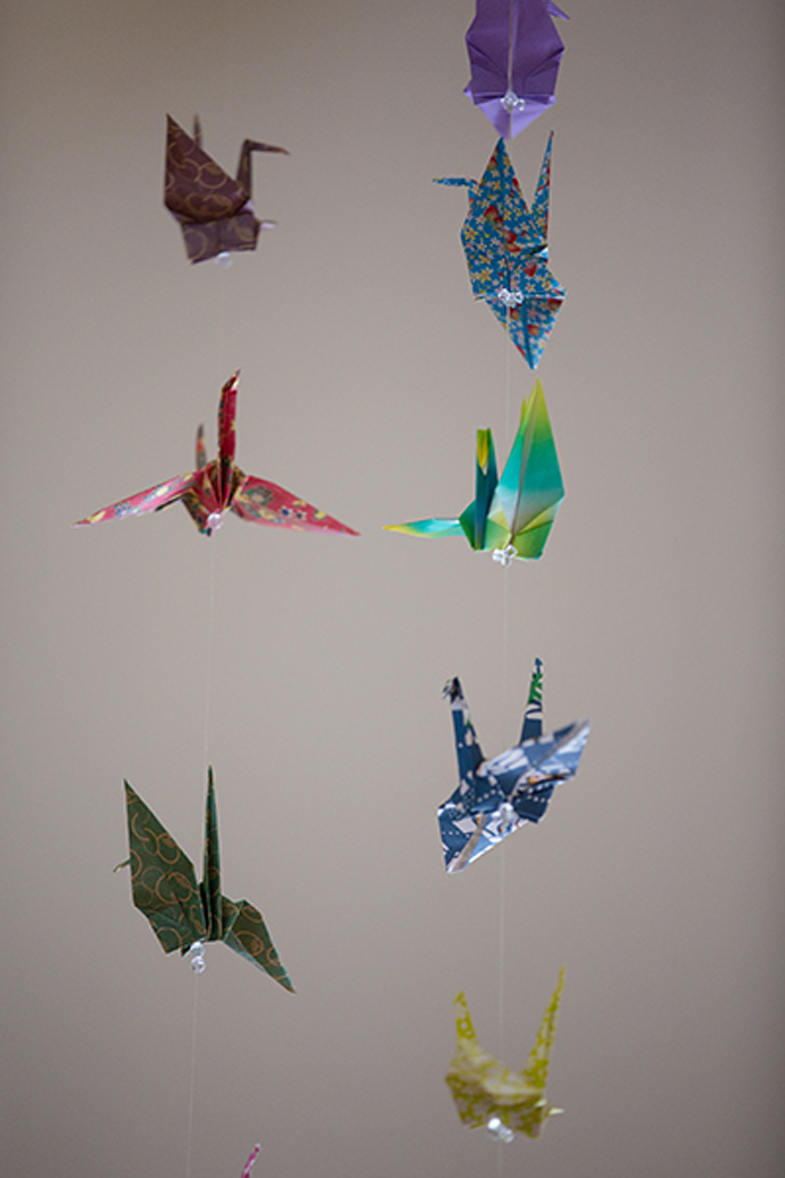East Asian Languages & Cultures
Through East Asian Languages and Cultures (EALC), students will gain a firm competence in an East Asian language, a solid familiarity with East Asian cultures through cross-disciplinary training, and a more advanced knowledge of the region. The major and minor programs equip students with the knowledge and skills for careers in a variety of fields and prepare students who are interested in seeking a broad liberal arts education needed for graduate or professional study involving East Asia. EALC majors may also expand their intellectual horizon and enrich cross-disciplinary training via double-major programs in the LAS or dual degree across colleges.
There are two concentrations offered through East Asian Languages and Cultures.
Provides language training from introductory to advanced levels in Chinese, Japanese and Korean as well as courses that not only introduce students to comprehensive knowledge of the cultures and societies in the region but also train students in critical thinking, academic writing, and independent research in cross-cultural contexts and with interdisciplinary methodology. Students also have opportunities to take courses in other units via double major or minor programs within LAS or dual degree across colleges. For more information: https://las.illinois.edu/academics/programs/double
Introduces students to linguistic and pedagogic topics as well as provides opportunities to study linguistics and pedagogy through double major or minor programs
- EALC 114 - Introduction to East Asian Art
- EALC 120—East Asian Civilization
- EALC 130 - The Chinese Language
- EALC 230 – Popular Cultures of Contemporary East Asia
- EALC 275 – Masterpieces of East Asian Literature
Students should consult with an academic advisor regarding course selection prior to the advanced registration period.
A number of different careers are possible with a degree in East Asian Languages and Cultures.
- Ability to adapt programs and services to a cultural audience
- Ability to communicate ideas
- Adaptability to other lifestyles
- Become knowledgeable of other cultures, regions, traditions, and institutions
- Cross-cultural analytical skills
- Gain and develop language skills
- Sensitivity to diverse viewpoints
- Strong listening skills
- Advertising Executive
- Archivist
- Attorney
- Business Manager
- CIA Agent
- Community Affairs Specialist
- Consumer Advocate
- Cultural Affairs Officer
- Customs or Immigration Officer
- Editor or Writer
- Employee Relations Specialist
- Foreign Service Officer
- Foreign Student Advisor
- Government Agency Administrator
- Human Resources Specialist
- Import/Export Specialist
- International Banker
- International Consultant
- International Trade Specialist
- Interpreter
- Journalist
- Lawyer
- Lobbyist
- Nonprofit Administrator
- Peace Corps or VISTA Worker
- Politician
- Professor or Educator
- Public Administrator
- Public Information Officer
- Public Policy Specialist
- Public Relations Specialist
- Publications Specialist
- Teacher
- Translator
- Travel Consultant
Some careers may require education beyond an undergraduate degree.
- Participating in undergraduate research
- Applying for a study abroad experience
- Utilizing resources of The Career Center and the Humanities Professional Resource Center
- Participating in events at The Center for East Asian and Pacific Studies
- Participating in events at the Japan House
- Utilizing resources for EALC students
- Joining a Registered Student Organization (RSO) related to this major, such as:
- Chinese Students and Scholars Association: Promotes enjoyment of companion animals through related activities, such as volunteer opportunities and social events, while providing career and educational resources for its members.
- Illini Japanese Association: helps people understand the Japanese culture and/or language better, as well as helps communities exchange ideas and views regarding Japan and new UIUC students from Japan. The association also provides a strong bridge for UIUC students who seek internship or job opportunities in Japan or with Japanese companies.
- Korean Cultural Center: raises awareness and appreciation of Korean culture and functions as a place to foster multiculturalism and inter-cultural exchanges in the United States.
There are several professional organizations dedicated to East Asian Languages and Cultures, such as the Asian American Institute.


